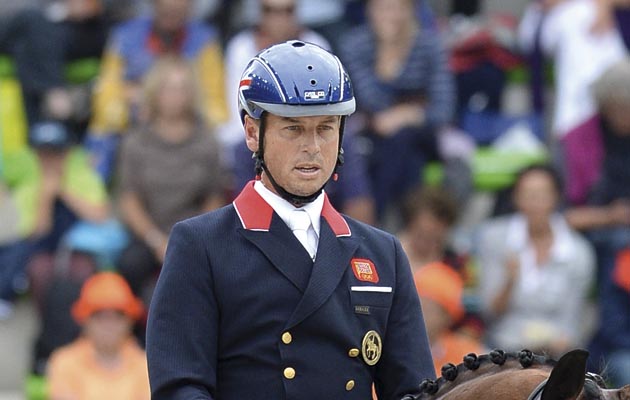Opinion
I’ve recently been very fortunate to have travelled to the USA and Canada to give two two-day seminars. Starting at the New England Dressage Federation, the days were full-on with the evenings taken up with talks, meet-and-greet, dinners and then on to the next day with the same at the Caledon Equestrian Park in Ontario. Home again, albeit with jet lag, I was reflecting on a wonderful time. I still, however, find these events very daunting and I know this will sound unbelievable to some, but at the start of my career I was a shy and unconfident person (I can hear some of you laughing in disbelief!).
The first point of this column is once again to help up-and-coming riders realise that, in dressage, there is not a living to be made out of riding alone — you have to be able to convey experiences in training horses and riders to a hugely knowledgeable and thirsty-for-knowledge public. You also need to be able to back that practical knowledge with theory. It’s through a holistic approach encompassing training, fitness and not least psychology that you can make a living to support your riding.
Success in riding as a career depends on so many factors. There is a saying that talent can spoil riders, meaning that initially talent can be an advantage, but it is dedication that will overtake in the future.
Talent’s merely a basis to build on. You need people skills to deal with owners, management skills, and to be able to perform and to improve. Although it can be very daunting, there is no choice if you want to make a living.
I am still hoping British Dressage (BD) will encompass some sort of course for up-and-coming riders to develop the skills they need to deliver lecture demos. I suggested this a year ago for young professionals and it is more important than ever with the costs of owning and competing: entries, fuel, training and the rest. And with the top staying at the top, there is also a shortage of prize money.
Experience should be a trump card
BD now only uses UK Coaching Certificate (UKCC) Level 3 accredited trainers to deliver courses. You have to take an exam at each level. But have we, in the process of getting people to do exams and get accredited for insurance purposes, missed out those people with many years of training experience?
There is a growing group of people in this bracket who can’t afford the time or money to go through the exam process. Maybe there is a way they can be fast-tracked to Level 3 and subsidised to do the course — for example, could they pay it back by doing a BD course?
Those who have trained people and horses to advanced, but not grand prix, are a very useful group of trainers, and many have the real experience that only comes later in life. They can train people who know them but can’t do BD courses, and that and other limits mean some have had to get other employment.
I understand the overall aim of standardising and benchmarking the quality of sports coaching in the UK and the insurance angle, but I am concerned that the sport is missing out on a group of valuable people.
Ref Horse & Hound; 2 November 2017

